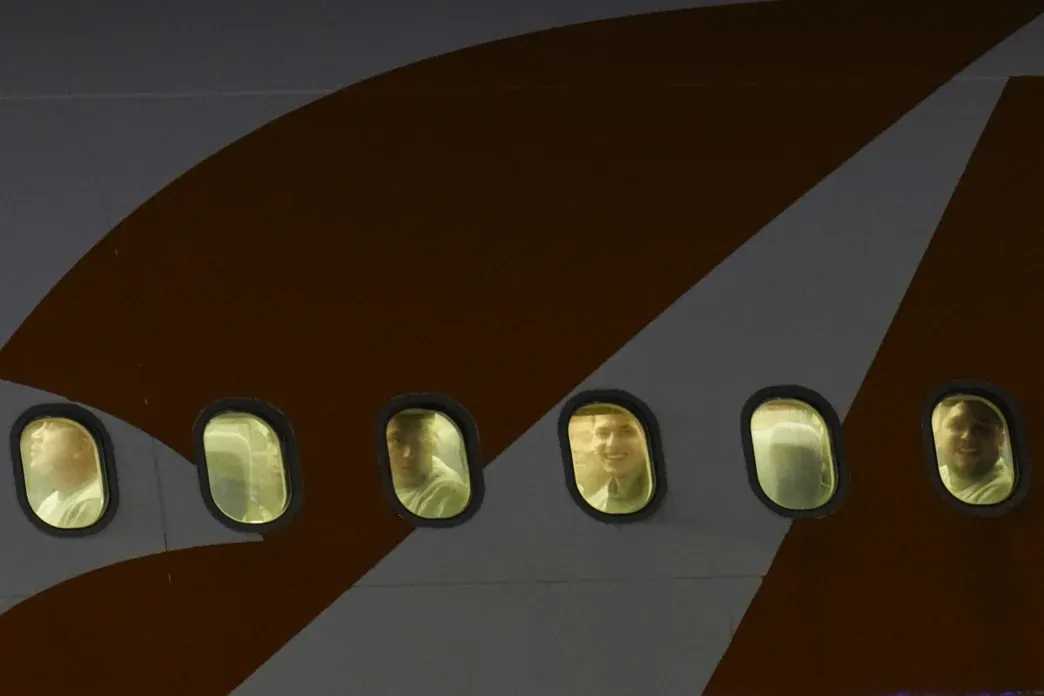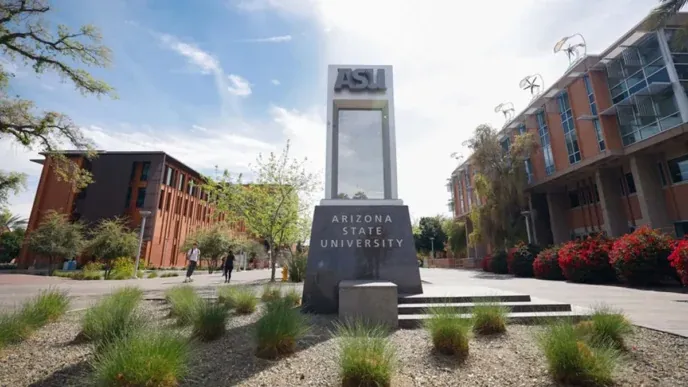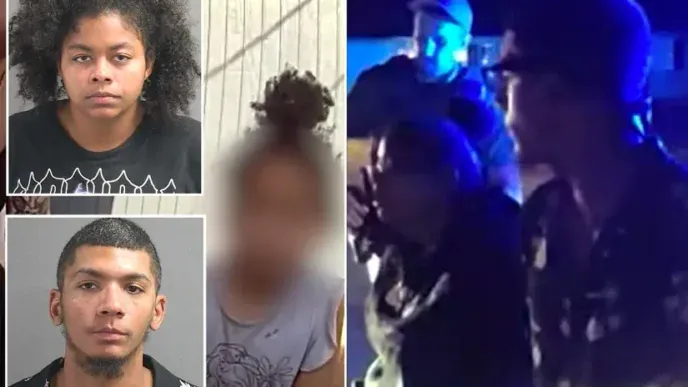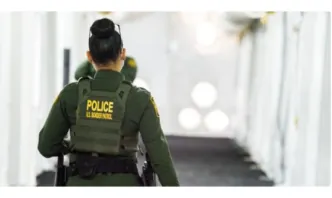The Supreme Court ruled Monday that the Trump administration can use an 18th-century wartime law to deport Venezuelan migrants, but only if those individuals first receive a court hearing.
In a sharply divided decision, the justices said migrants accused of gang affiliation must be given a “reasonable time” to appear before a judge.
However, the court’s conservative majority decided that these legal challenges must happen in Texas, not in a Washington, D.C., courtroom.
The ruling likely blocks the administration from immediately restarting deportation flights like those that transported hundreds of Venezuelans to a notorious prison in El Salvador last month. Those flights began after President Donald Trump invoked the Alien Enemies Act—used for the first time since World War II—under a proclamation labeling the Tren de Aragua gang as an invading force.
The majority opinion did not address the earlier flights, which occurred without court hearings—now deemed necessary by the justices.
In their dissent, the three liberal justices criticized the administration’s attempts to sidestep judicial review and said the court has effectively “rewarded the government for its behavior.” Justice Amy Coney Barrett agreed with parts of the dissent.
Justice Sonia Sotomayor warned the ruling makes it harder for individuals to challenge deportations, especially when they are held in remote locations. She also pointed out that in another case, the administration admitted it cannot bring back mistakenly deported individuals from El Salvador.
“We, as a Nation and a court of law, should be better than this,” she wrote.
The justices responded to an emergency appeal after a federal appeals court in Washington upheld an order that temporarily halted the deportations of Venezuelans accused of gang ties under the Alien Enemies Act.
In an unsigned opinion, the majority stated that, “for all the rhetoric of the dissents,” the decision confirms that individuals facing deportation under the AEA are “entitled to notice and an opportunity to challenge their removal.”
This case is the latest flashpoint in growing tensions between the White House and federal judiciary. It marks the second time in a week the conservative majority has granted Trump at least a partial win after lower courts blocked parts of his policies.
Other high-profile cases are still pending, including one targeting birthright citizenship for children born in the U.S. to undocumented immigrants.
Trump celebrated the ruling on Truth Social, posting:
“The Supreme Court has upheld the Rule of Law in our Nation by allowing a President, whoever that may be, to be able to secure our Borders, and protect our families and our Country, itself. A GREAT DAY FOR JUSTICE IN AMERICA!”
U.S. District Judge James E. Boasberg, chief judge in Washington, had issued the initial order halting deportations to El Salvador.
Attorneys from the ACLU filed the case on behalf of five Venezuelan migrants detained in Texas. The suit came just hours after the administration made its proclamation public and began escorting migrants onto planes.
ACLU attorney Lee Gelernt said the ruling affirms a key principle: migrants must have a chance to challenge deportation. “That is an important victory,” he said.
Judge Boasberg had also ordered the government to bring back planeloads of deported Venezuelans—a directive the administration ignored. In a recent hearing, Boasberg examined whether the administration defied that order. Officials cited “state secrets privilege” and declined to provide further information.
In response to Boasberg’s actions, Trump and his supporters called for his impeachment. Chief Justice John Roberts issued a rare public statement, saying, “Impeachment is not an appropriate response to disagreement concerning a judicial decision.”














